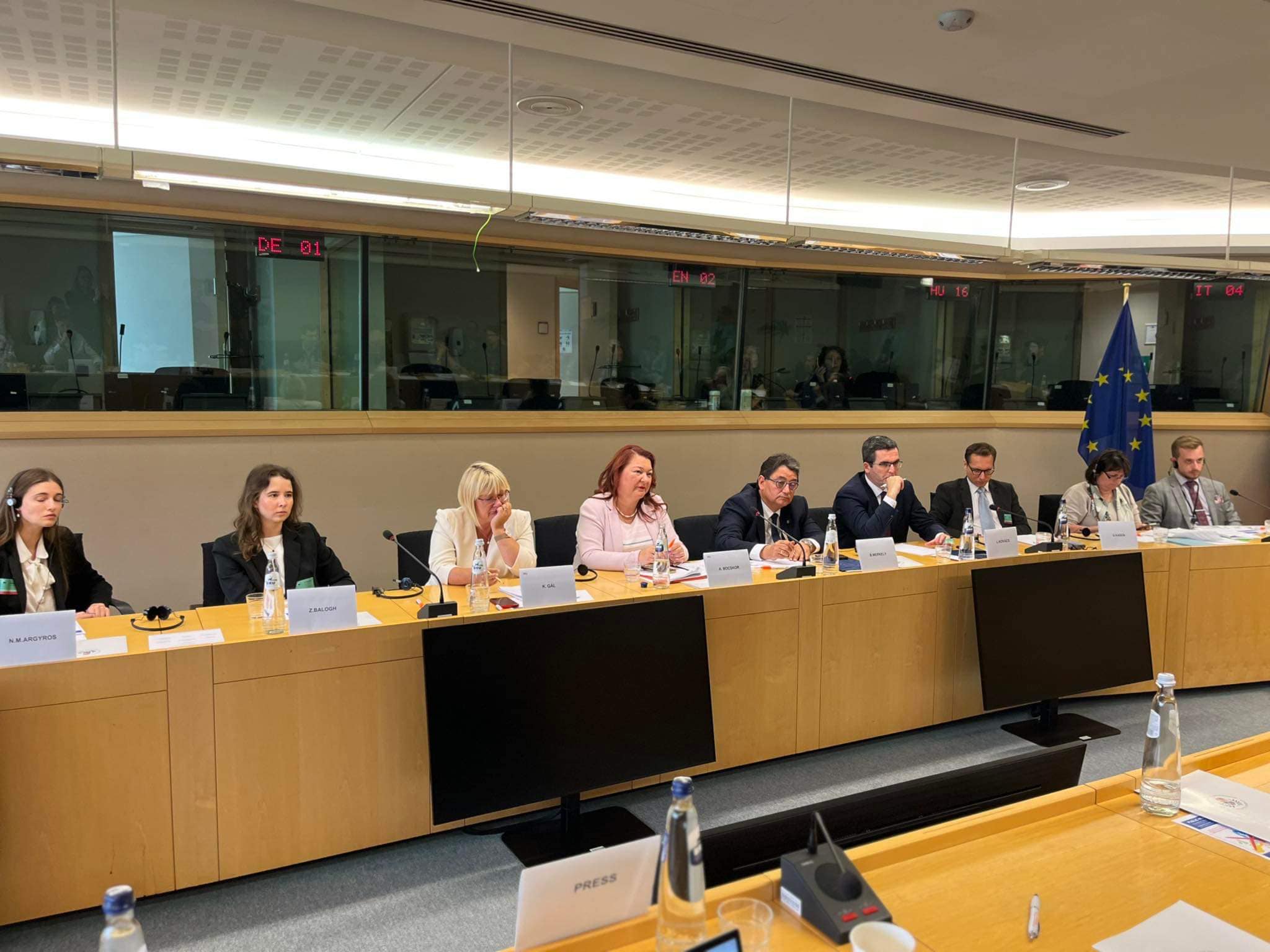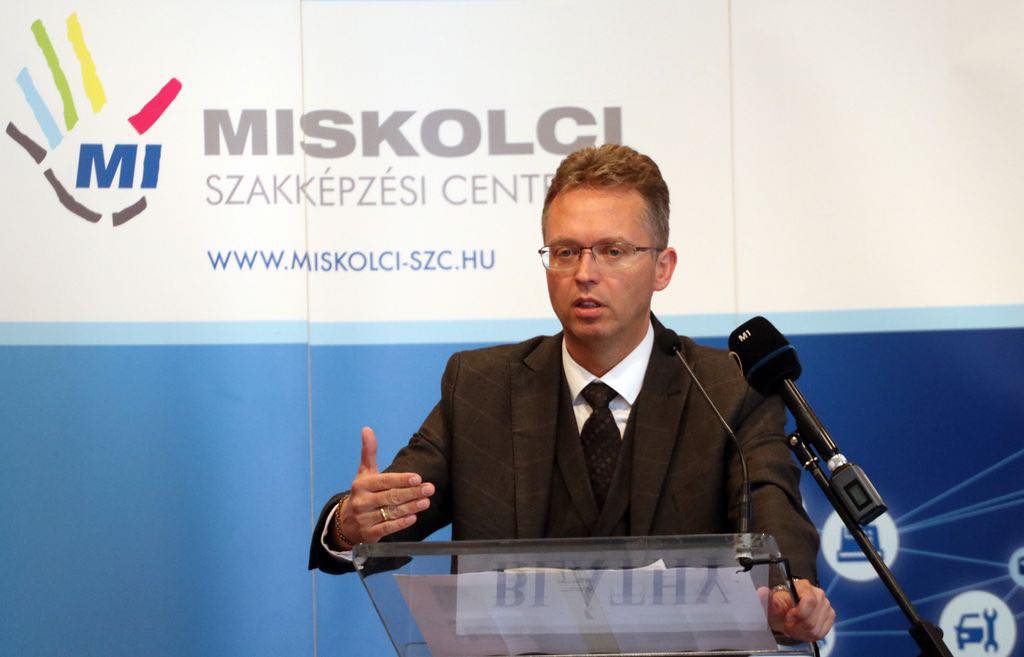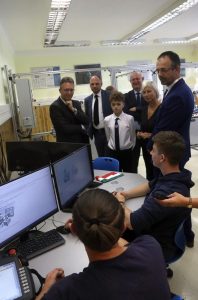
Fidesz delegation president Kinga Gál rejects political blackmail.Continue reading

“Hungary achieved well-deserved success in the past month: Hungarian vocational education and training has become European champion and world champion, 12 Hungarian universities are now in the top five percent of the world’s universities, and two Hungarian researchers have been awarded the Nobel Prize,” said the Secretary of State for Innovation and Higher Education of the Ministry of Culture and Innovation at a press conference in Budapest on Monday.
Balázs Hankó said: “With triple oversubscription, the call for proposals for innovation closed last week. There were three focus areas of the János Neumann program: healthy living, digitalization, and green transformation.”
2,228 applications were received for the HUF 35 billion (EUR 90 million) budget, 50 percent of which were from the business sector and higher education. The National Research, Development, and Innovation Office will announce the results in December.
The competition will give a further boost to Hungarian innovation, which was recognized by the announcement last week of two Hungarian Nobel Prize winners, Katalin Karikó and Ferenc Krausz.

Bláthy Ottó Electrical Engineering Technicum of the Miskolc Vocational Training Center has been expanded with an industrial robotics laboratory. Source: Balázs Hankó/ Facebook.
The minister pointed out the development of Hungarian innovation reached a new level, “as Hungary moved from the category of moderate innovator to European innovator in the European innovation ranking, and Hungary’s innovation performance moved up one place to 33rd.” “Hungary achieved the highest ranking in innovation, and fifth place in the high-tech manufacturing category,” he noted.
Concerning the ranking of higher institutions, it was revealed that the top five Hungarian universities of the world’s 30,000 institutions included seven, then nine institutions two years ago and last year respectively; however, currently they list 12 Hungarian institutions as part of the “elite league.”
Semmelweis University has maintained its place in the top one percent, while the University of Debrecen has moved up 400 places to the top 800, meaning that together with Eötvös Loránd University, three institutions are now among the world’s top 1,000 universities.
He also said that this year, the number of students enrolled at universities increased by 33%, with the number of students rising mainly at rural universities and in the fields of technology, natural sciences, engineering, information technology, agriculture, medicine, and health.
In the field of vocational education and training, Hungarian youth won five gold, one silver, and four bronze medals at the European Vocational Championships in Poland, finishing at second place in the overall ranking behind Switzerland.
The minister added that the Hungarian team was champion in the field of IT systems operation, and young students also won numerous medals in web development, industrial robotics, mechatronics, carpentry, water and gas heating, nursing, and patient care.
According to the OECD world ranking, Hungarian vocational training is the third best in the category of employment of 25-34 year olds,
he said. Hankó also emphasized that the government plans to introduce micro-certificates, allowing people to obtain a basic or partial vocational qualification worth credits at a university.
The goal is to have at least one Hungarian higher education institution among the world’s top 100 universities by 2030, and at least three among the top 100 in Europe, and to be among the top 10 in Europe and the top 25 “innovator countries” in the world.
Hankó also said that they made it a common cause with the Hungarian Chamber of Commerce and Industry to bring the World Championships of the Professions to Hungary in the forthcoming years, and to win a lot more World Championship medals. They would also like to increase the number of people choosing vocational training after primary school: currently six out of ten choose vocational training, and it would be highly desired to increase this number to seven,” the Minister concluded.
Via: MTI; Featured photo via Facebook/ Balázs Hankó